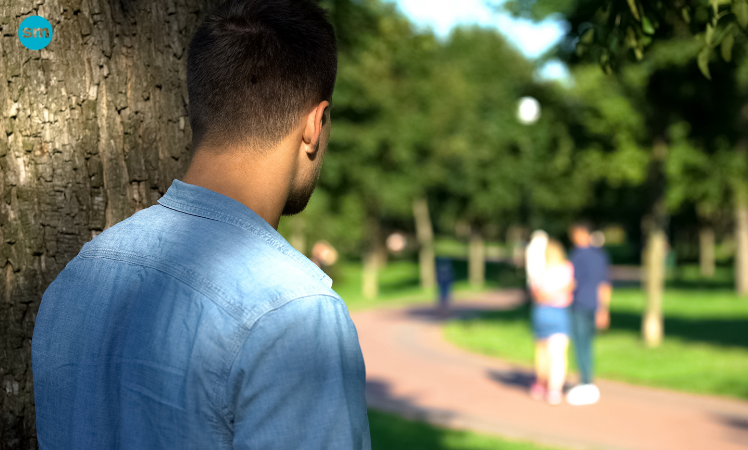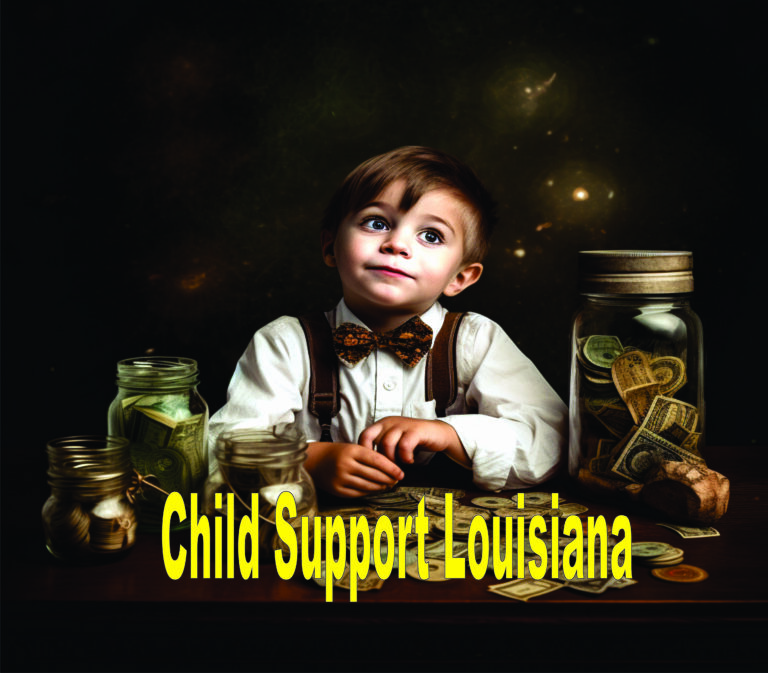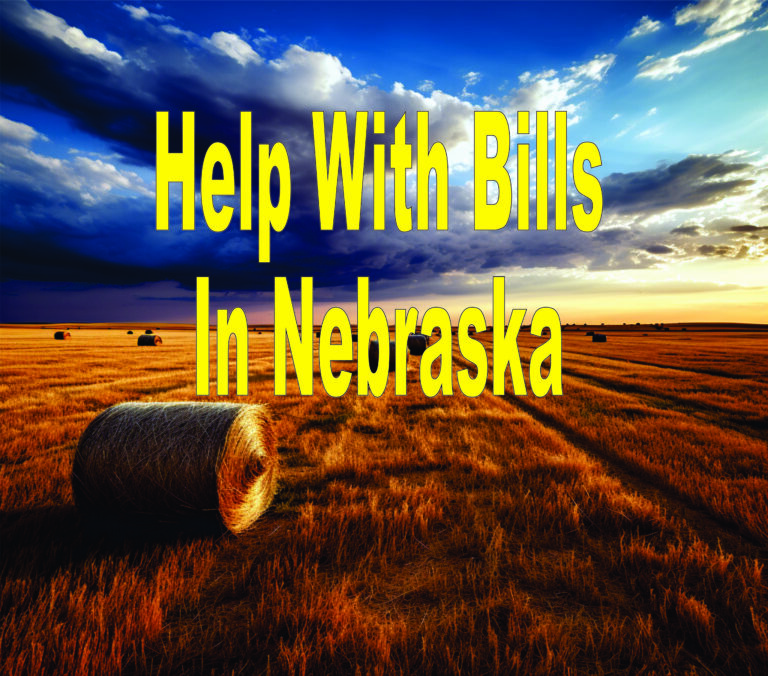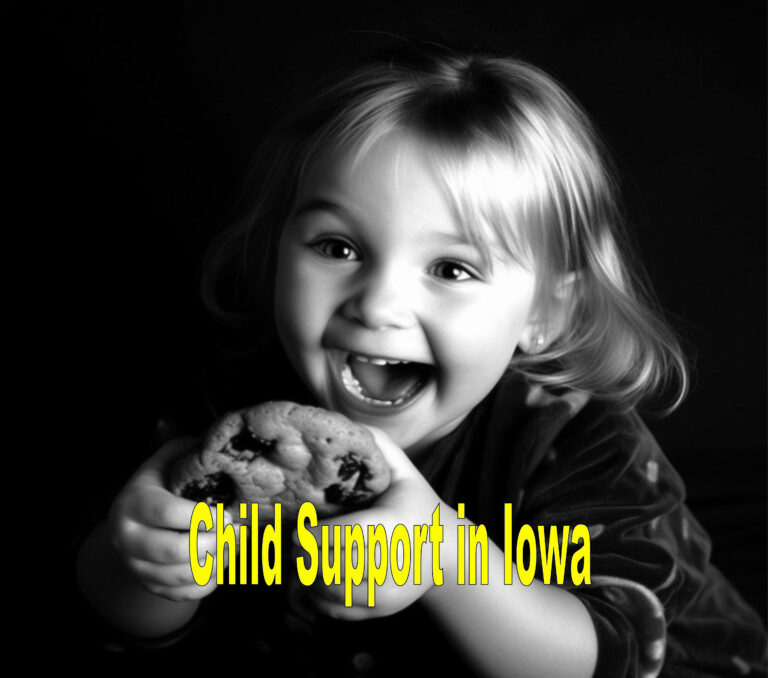Help for Single Mothers in Hawaii
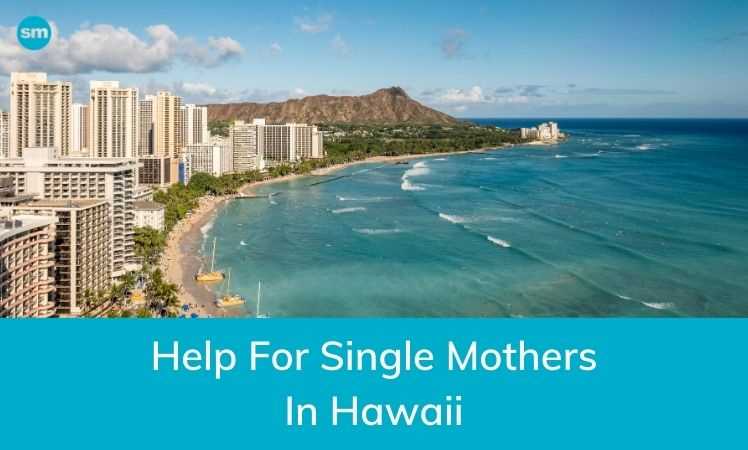
Last Updated on May 23, 2024 by Kathy
One in nine residents of Hawaii lives below the poverty line. In the past year, 143148 residents of the 1,383,246 reported incomes below the poverty level. Hawaii ranks 5th for Poverty Rate with a 10.3% rate. Hawaii’s index of poverty is lower than the average national rate of 14.6%. Hawaii’s female residents are slightly (17%) more likely than men to be poor. The Hawaii local government, despite having a higher income than other states in general, has implemented several programs that help those who are in need, especially single mothers.
Medicaid’s Free for Service Program
Medicaid FFS is the traditional Medicaid program that provides medical coverage for low-income Hawaii residents. It has been in existence since January 1966. Program coverage is available to those who are 65 years old or older, or younger than 65 but blind or disabled. Medicaid FFS Program participants must meet certain requirements.
Healthcare and Medical Assistance
Medical assistance provides coverage for low-income Hawaii residents who qualify. Hawaii QUEST (also known as QUEST) is a medical assistance program that offers health insurance through health plans to eligible Hawaii residents. It offers medical and mental services. Medicaid’s Fee-for-Service Program covers dental services. QUEST, administered by the Department of Human Services’ Med-QUEST division, is funded through Hawaii State and Federal Centers for Medicare & Medicaid Services.
You can apply for medical aid at any time if you’re pregnant and in need of medical coverage. You may still be eligible if you have applied in the past but were denied. If you want to receive special treatment, make sure that your application states what you are expecting. A home pregnancy test, a doctor, a nurse-midwife, a family nurse practitioner, or a pediatric nurse specialist can verify your pregnancy medically. However, a pregnant woman is not required to show proof that her pregnancy was medically confirmed.
You must qualify as a low-income resident, U.S. citizen, or national of Hawaii who needs health insurance/assistance. You cannot be blind or disabled, nor older than 65 years old.
Rental Assistance for Single Mothers in Honolulu
Hawaii offers services to single mothers through the federal Tenant-Based Rental Assistance Program. The program has several areas of focus, but single mothers who need affordable and safe housing for their families are the main focus.
To qualify, the household’s total income must not exceed 80% of the median income of the locality. Once someone qualifies, the actual amount of her benefit may be higher if she is a mother with a large household, as an apartment with several bedrooms will likely be needed. You can contact the following partners to request assistance if you are a single mother.
- Catholic Charities – 808-521-4357
- Helping Hands Hawaii – 808-536-7234
- The Institute for Human Services – 808-447-2863
- Kalihi-Palama Health Center – 808-791-4545
- Waianae Coast Comprehensive Health Center – 808-697-3300 Ext. 3594
Child Care Connection Hawaii Program
This program was created to help single mothers and low-income families. Child Care Connection Hawaii Program has 2 subsidy programs:
Child Care Connection Hawaii (CCCH)
The CCCH Subsidy Program helps low-income households to maintain their employment, education efforts, and job-training by providing a subsidy to their children in the care of DHS-approved child care providers. Families must meet certain income and activity requirements in order to be eligible for the CCCH subsidy program unless childcare is needed for protection purposes.
Preschool Open Doors (POD) Program
POD is an independent subsidy program that has limited funds and provides services to all families in the state who send their children to licensed preschools during the year before kindergarten. POD’s goal is to help children become school-ready, and it focuses on the child’s needs. Unlike the CCCH Subsidy, parents are not required to participate in an eligible activity. However, they must meet certain income and eligibility requirements. POD has a limited application period that is published annually.
Hawaii QUEST
Hawaii’s Medicaid expansion may allow many Hawaiians who were previously uninsured, aged 19-64, and with incomes of up to 138% of the federal poverty line (FPL), to gain coverage. Med-Quest is available in Hawaii to children and pregnant women with incomes below 196% FPL or up to 313% poverty.
Medicaid Fee-For-Service is another medical assistance program in Hawaii that offers free or low-cost health coverage for people aged 65 or older, or those with certain disabilities. Hawaii operates a State-Based Marketplace known as Hawaii Health Connector through which you may apply for Med QUEST or private health insurance.
Customer Service – Med-QUEST: 1-800-316-8005
Second Century Scholarship
Second Century Scholarships are need-based grants provided to Native Hawaiian students who pursue graduate or undergraduate credit in any field of studies on all 10 campuses of the University of Hawaii System.
The award amount will be determined by the FAFSA and available funds. You’ll need to submit your FAFSA since it is a need-based award.
GEAR UP Hawaii
GEAR UP stands for Gaining early awareness and readiness for undergraduate programs. It is a federally funded program that provides services to low-income students from middle and high schools in 44 states.
GEAR UP Hawaii is a statewide grant offered by Hawai’i Partnerships for 20 Years of Education. It serves more than 20,000 students from grades 7-12 through their first year of college in Hawaii. They offer up to $85,000 in awards to eligible students each year. However, priority is given to students with free or reduced-price lunches.
Lesli Yogi
Business and Community Outreach Specialist
1-866-808-4327 (GEAR)
Bottom Line: Help For Single Mothers In Hawaii
There is a big variety to choose from when it comes to asking for assistance. The federal government and nonprofits work hard to support the community they are in, the best that they can. To learn more about other assistance offered to help single mothers in the state of Hawaii, visit these articles:


